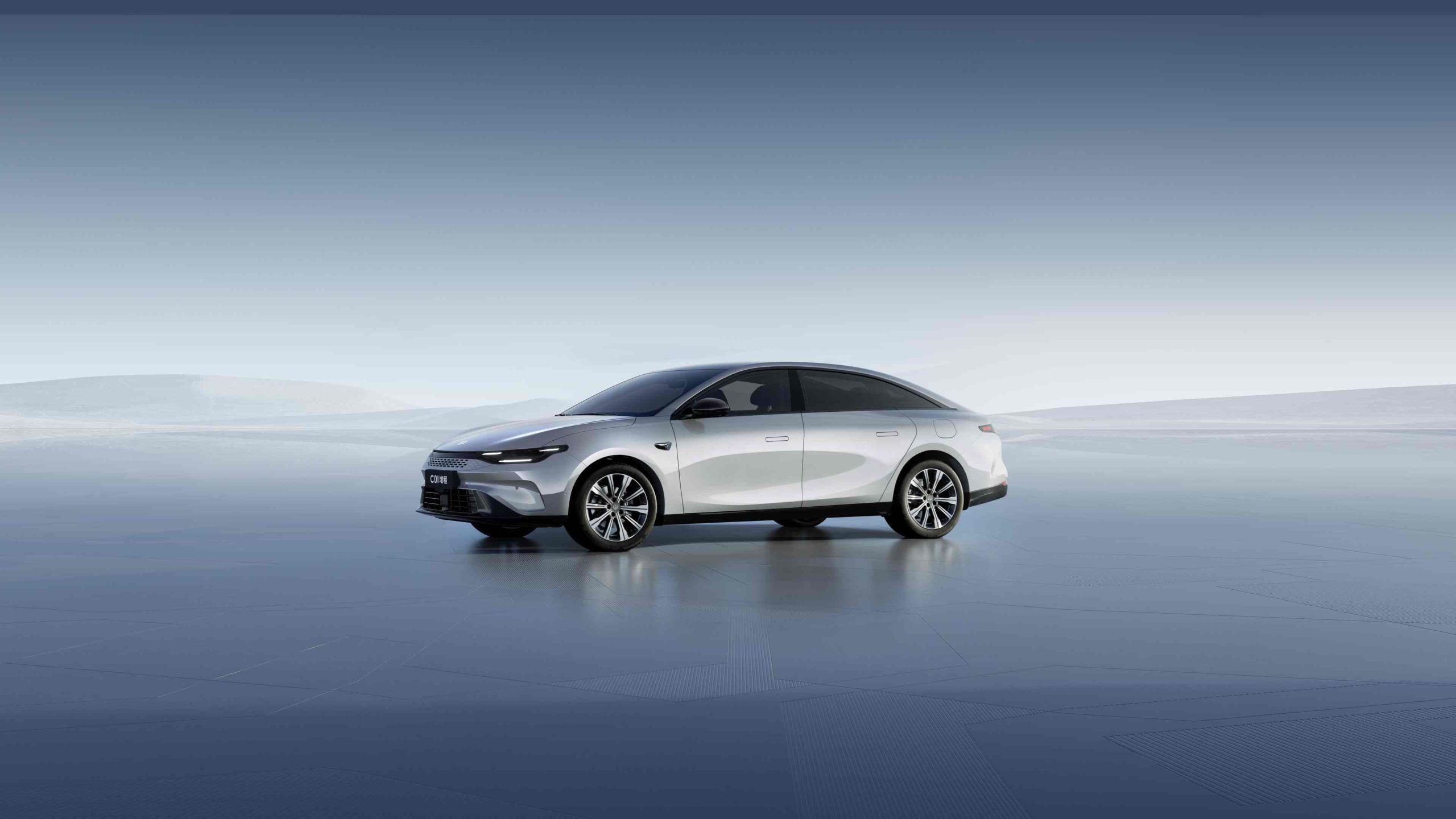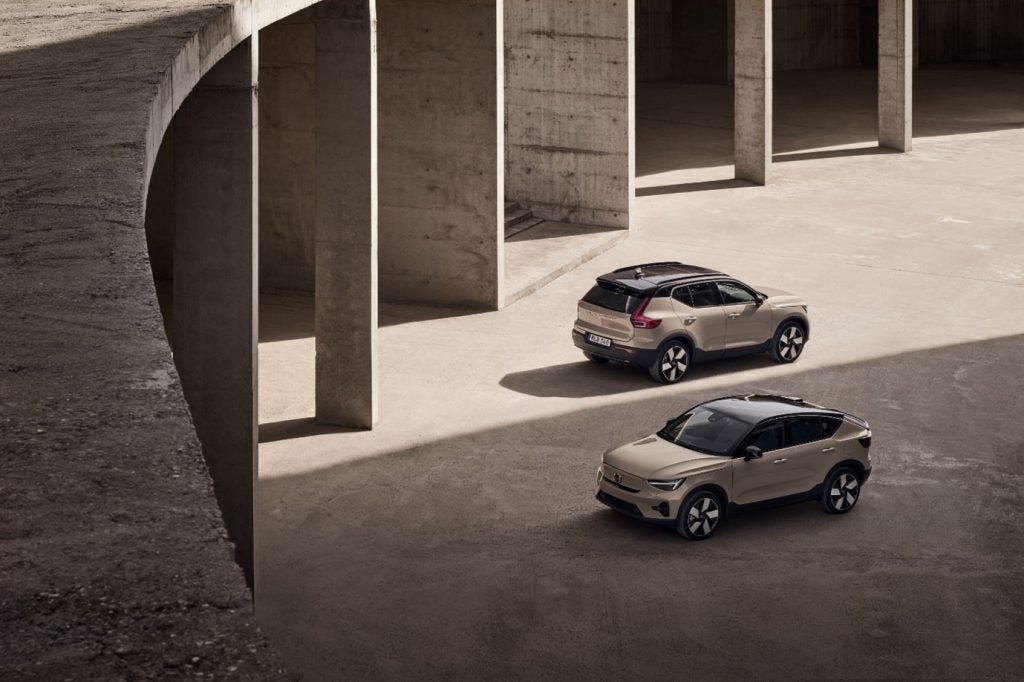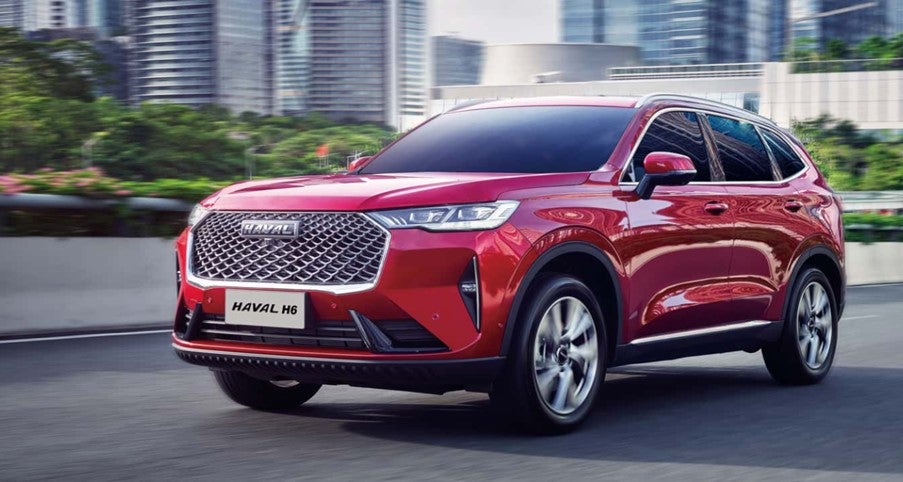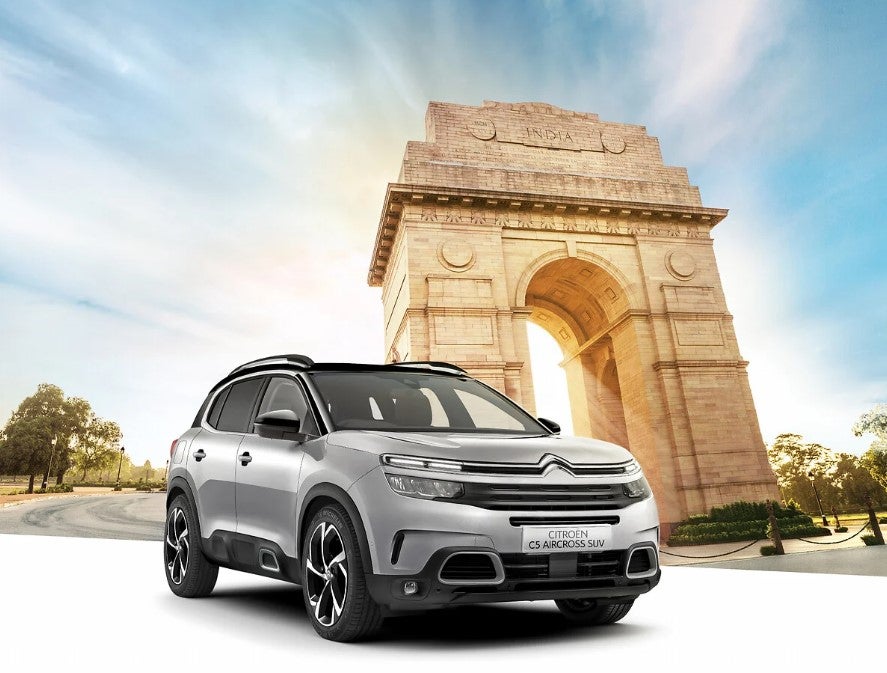
Remarks by Stellantis chief Carlos Tavares suggest the company could build Leapmotor BEVs outside China – based on technology from its Chinese partner.
In remarks reported by Reuters, Tavares addressed the competitive challenge presented by the Chinese OEMs in markets around the world and Stellantis’ potential response.
According to Reuters he said: “We have the opportunity to assemble Leapmotor cars inside the bubble. It could be Europe it could be North America.”
“There’s no reason to exclude any country that has a Stellantis plant,” Tavares reportedly said.
Stellantis said last year it would invest EUR1.5bn in a 20% stake in Chinese battery electric vehicle (BEV) startup Leapmotor, laying the foundation of a new strategic partnership designed to strengthen sales in markets worldwide, including China.
How well do you really know your competitors?
Access the most comprehensive Company Profiles on the market, powered by GlobalData. Save hours of research. Gain competitive edge.

Thank you!
Your download email will arrive shortly
Not ready to buy yet? Download a free sample
We are confident about the unique quality of our Company Profiles. However, we want you to make the most beneficial decision for your business, so we offer a free sample that you can download by submitting the below form
By GlobalDataThe two companies have also agreed to set up joint venture called Leapmotor International in which Stellantis would hold a 51% stake and Leapmotor the remaining 49%. This joint venture, to be led by a Stellantis appointed CEO, would be exclusively responsible for the export and distribution of Leapmotor products overseas, including possible local production, with first shipments scheduled for the second half of 2024.
Leapmotor hopes the arrangement will also help scale up its operations at home and allow it to join a growing number of Chinese automakers expanding overseas.
Stellantis in turn wants to tap into Leapmotor’s “highly innovative, cost efficient EV ecosystem” to help meet electrification targets under its core Dare Forward 2030 programme. Other mutually beneficial projects will including product sharing in China and overseas.





